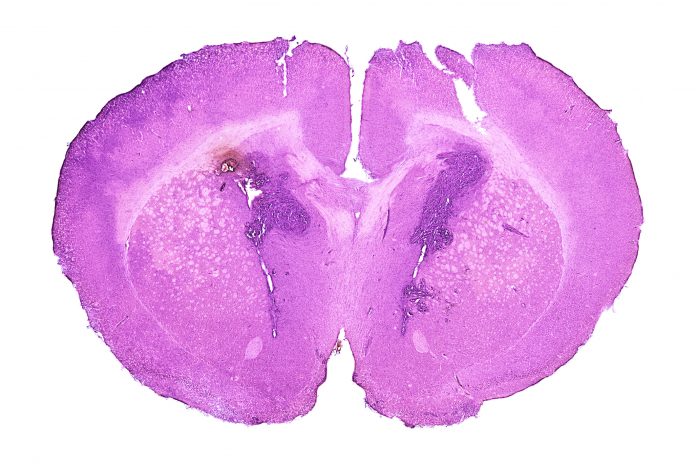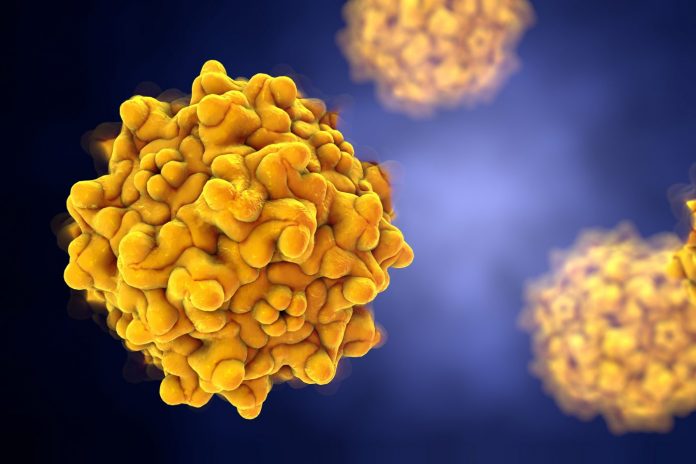
Researchers at Tel Aviv University have made a discovery that could transform our understanding of genetic mutations and their role in brain development. Published in Genomic Psychiatry, the study reveals that an inherited mutation in the activity-dependent neuroprotective protein (ADNP) gene may actually provide protection against certain neurological disorders, challenging the traditional view that genetic mutations are solely harmful.
The research, led by Professor Illana Gozes, PhD, director of the Elton Laboratory for Molecular Neuroendocrinology, focuses on a mutation called ADNP_Glu931Glyfs*12. This mutation was found to enhance certain protein interactions within cells, potentially supporting brain development and adaptive behavior. “I was struck by how this particular mutation actually enhanced certain protein interactions, potentially offering protection against developmental disorders,” said Gozes. “This discovery opens up entirely new perspectives on how we view genetic variations and their impact on brain development.”
The study examined a unique case in which a mother carrying this ADNP mutation showed above-average adaptive behavior, and her child, who inherited both this protective mutation and another ADNP variant, displayed better developmental outcomes than typically seen in similar cases. This finding suggests that not all genetic mutations lead to adverse effects; instead, some may offer protective benefits that support healthy development.
The scientists believe that this research has significant implications for understanding and treating ADNP syndrome, a rare genetic disorder that affects brain development. The ADNP_Glu931Glyfs*12 mutation creates an additional protein interaction site, which leads to stronger cellular connections and improved protein function. The results suggest that similar genetic variations could potentially be used to develop new therapeutic approaches for neurodevelopmental disorders.
Shula Shazman, PhD, a co-author of the study, noted that their computational modeling showed how this mutation strengthens critical cellular processes involved in brain development. “This insight raises interesting questions about the potential for identifying similar protective mutations in other genes associated with neurodevelopmental disorders,” Shazman explained.
The study highlights the potential for a more nuanced approach to genetic therapy, as it shows that some mutations may confer unexpected benefits. Gozes and her team used advanced computational modeling combined with clinical observations to reveal that genetic variations previously considered purely detrimental may, in fact, have protective properties that support brain health.
Beyond its implications for ADNP syndrome, this research challenges assumptions about genetic mutations and their impact on neurological development, encouraging further investigation into protective mutations. Professor Gozes, who also serves as VP for drug development at ExoNavis Therapeutics, is leveraging her research to develop davunetide, a neuroprotective ADNP fragment, as a treatment for ADNP syndrome and other neurodevelopmental conditions. Her research on ADNP has been essential in understanding how specific structure-function relationships in genetic mutations could lead to new therapies.
This discovery opens up new avenues in genetic research, suggesting that other seemingly harmful mutations might also hold hidden benefits that could be harnessed for therapeutic purposes in various neurological and developmental disorders.









